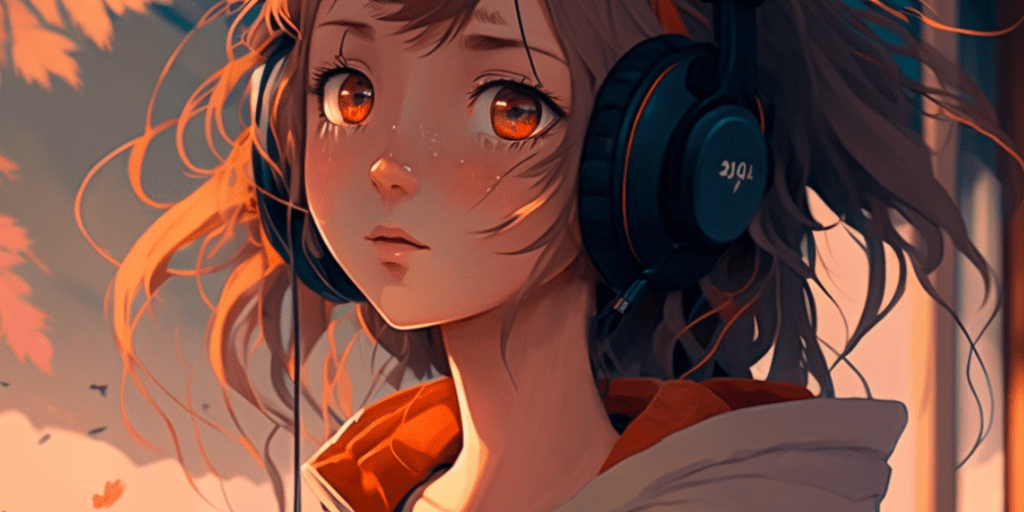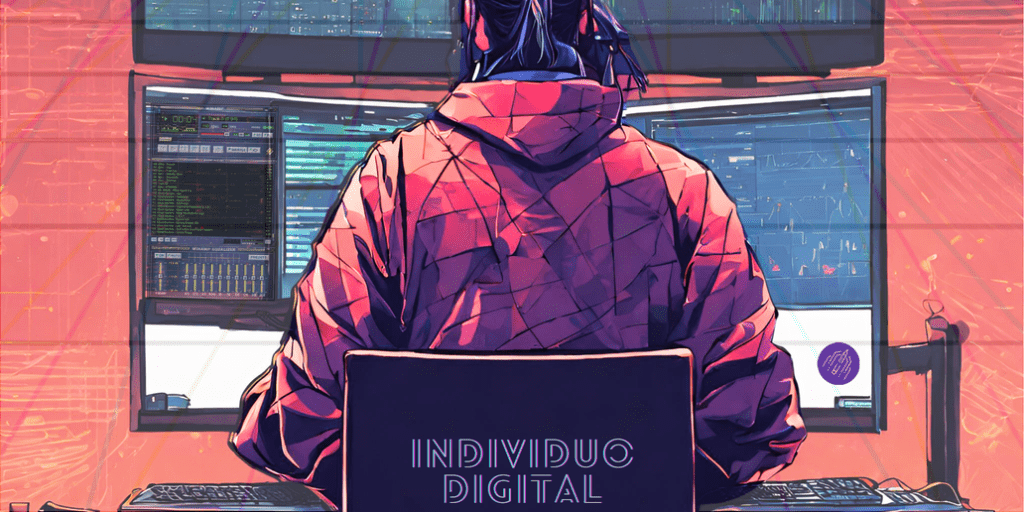The Day the Music Stopped
How COVID-19 Unearthed the Hidden Fractures of a Broken Industry
For many people, looking back on the pandemic seems more like a fever dream than something we actually lived through. Empty streets that led to empty shelves. Businesses shut their doors – some for the last time. Families and friends connected only by a screen. And through it all, the overwhelming sense of uncertainty, fear, and at times, hopelessness. If that sounds too bleak, it’s because it was.
Now, more than two years later in the era of recovery, it seems as though we’re finally getting back to business as usual, yet the effects of COVID-19 continue to reverberate throughout many sectors today. And among the most profoundly impacted industries is one that plays an important role in all our lives: the music industry.
COVID-19 uncovered deep-rooted problems that run rampant throughout all creative industries, but for the music industry in particular, it shone a harsh light on what is and what isn’t working, and amplified what artists have been telling us all along – the system is broken.
A Devastating Blow and an Industry Reeling
Representing a worth of more than $50 billion, the global music industry business model can be broken down into two streams of income: revenue generated from ticket sales of live performances and tours, and the combined revenue from streaming, digital downloads, physical sales and synchronization revenues (licensing for media, entertainment and advertising).
By mid-March, the pandemic had effectively put half of the multibillion-dollar industry on indefinite pause, resulting in a loss of more than $30 billion in 2020 alone, a downward trend that would continue well into the next year. But while the effects of the pandemic can be quantified with facts and figures, the true depth of its impact can only be understood through the eyes of those who lived through it.
Jarrett Reynolds, a production manager and front-of-house engineer recalls struggling with the sense of inertia throughout the days of lockdown and the debilitating impact it had on the minds of his friends and peers in the industry.
“It was the longest time I had been home in 15 years. A lot of us touring people didn’t know how to cope with that much time. We lost a lot of good people not only to COVID but to mental health issues.”
Touring artists faced similar concerns, with the loss of their main source of income at the forefront. Mike Carter, who got his start as a rapper before going on to start his independent record label, Moodswingz Muzik, remembers a feeling of dread over what the collapse of the live music industry would mean for artists. “When COVID first came in to shut things down, I was just panicked. My first thought was, “Oh my god, how are artists going to make any money?”
It’s here that the fault lines of the industry begin to reveal themselves.
The Ugly Truth About Streaming
The elimination of live performances forced a spike in popular digital streaming and distribution platforms like Spotify and Apple Music whose user rates saw significant growth in 2020 and 2021. With music consumption and streaming at an all time high, you might think that artists were perfectly positioned to rake in significant earnings (or at least enough to live on) – but you’d be wrong.
The world of streaming, royalties and distribution is as murky as it is convoluted, but the main issue of its business model can be boiled down to one simple fact: artists aren’t being paid enough. Take Spotify for example – based on the platform’s current pay-per-stream (between $.003 and $.005), an artist generating 100,000 streams would receive an average of around $400, without even taking into account the royalties that get distributed to related entities like record labels, publishers, and others.
For smaller artists, the likelihood of standing out in the crowd and generating enough streams to earn a living is at best, unlikely, and at worst, impossible. But minuscule payouts aside, many artists argue that a larger issue lies in the fact that practically limitless access to music has inherently decreased its value in the minds of consumers who now treat music more as a backing track to life, rather than an art.
Instead of fighting a losing battle, musicians like Mike are increasingly turning to artist-centric platforms like Bandcamp, an online marketplace that allows artists to publish, promote and sell albums to their fans.
Bandcamp was the first example of the power being put back into the artist’s hands. Spotify operates on the mentality that attention is currency, but attention doesn’t pay the rent. But if you have a small amount of people who are willing to pay for art that you’re creating, those people deserve most of your energy, because those people are helping you feed your family and make a living.
The Future of The Music Industry – And What You Can Do to Help
Platforms like Bandcamp are an important step in the right direction, but if the impact of pandemic has taught us anything, it’s that the music industry is in dire need of a revolution – one that shifts the power where it belongs: in the hands of the artists and their loyal fanbases.
So what does that look like? Speaking on the fundamental changes needed within the current industry model, Josh Wells, an independent musician and ambassador for projectNEWM, noted that, “The way that rights, royalties, and division of labor are now needs to be flipped on its head. And the key to doing that lies in the power of the blockchain.”
projectNEWM is spearheading the new music movement by creating a music streaming marketplace using blockchain technology where artists have the option to fractionalize the Mechanical IP rights of their songs as NFTs that can be bought and traded by their fans. This model aims to empower artists, while simultaneously cutting out superfluous middlemen, and facilitating organic growth with both their music-making as well as their communities.
The project is still in the works, but if you’re wondering what you can do to help your favorite artists in the meantime, the most important thing you can do is give them your support. Buy their music, let them know you’re listening and help them keep their art alive.
Want to learn more about the NEWMusic movement? Get the full deets here.
1 Comments
Leave a Comment
Stay informed
To get all our amazing stories and know more about Crypto, Music and projectNEWM overall, make sure you register for our NEWMag newsletter!
Read More Articles
OddShapeShadow
Dream Lofi
Sounds from the Past
A look at the rising popularity of cultural musical fusion in the mainstream
Individuo Digital
Check Ignition




Would love to perpetually get updated great site! .